Have you ever wondered if your feline friend feels neglected or abandoned? Cats, despite their independent nature, are sensitive creatures that can feel a range of emotions. Recognizing when your cat feels abandoned is crucial to maintaining their well-being and ensuring a happy, healthy life. This article delves into the subtle signs and behaviors that might indicate your cat is feeling left out, providing you with the knowledge to address these issues effectively.
Changes in Appetite
One of the first signs that your cat may be feeling abandoned is a noticeable change in their appetite. Cats, much like humans, can experience stress and anxiety that affects their eating habits. If your usually voracious eater suddenly becomes disinterested in food, or if a picky eater starts consuming everything in sight, it might be a sign that they are feeling neglected. Pay attention to these changes and consider whether your schedule has altered, leaving your pet feeling alone more often.
Increased Vocalization
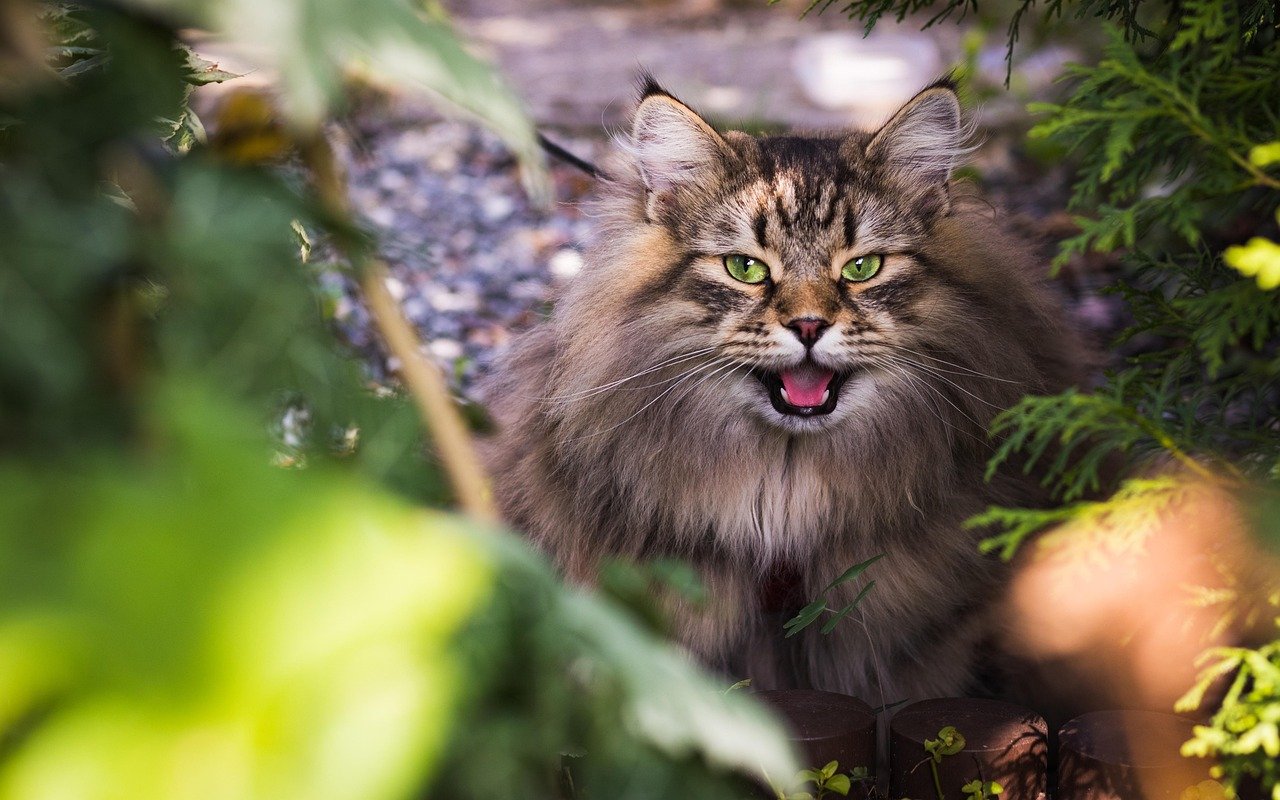
Cats are known for their ability to communicate through meows, purrs, and other vocalizations. If your cat becomes more vocal than usual, it could be their way of expressing loneliness or seeking attention. This increased vocalization might be accompanied by a more urgent tone, as if they are trying to tell you something important. Listen to your cat’s vocal cues and try to determine if they are seeking more interaction or companionship.
Excessive Grooming
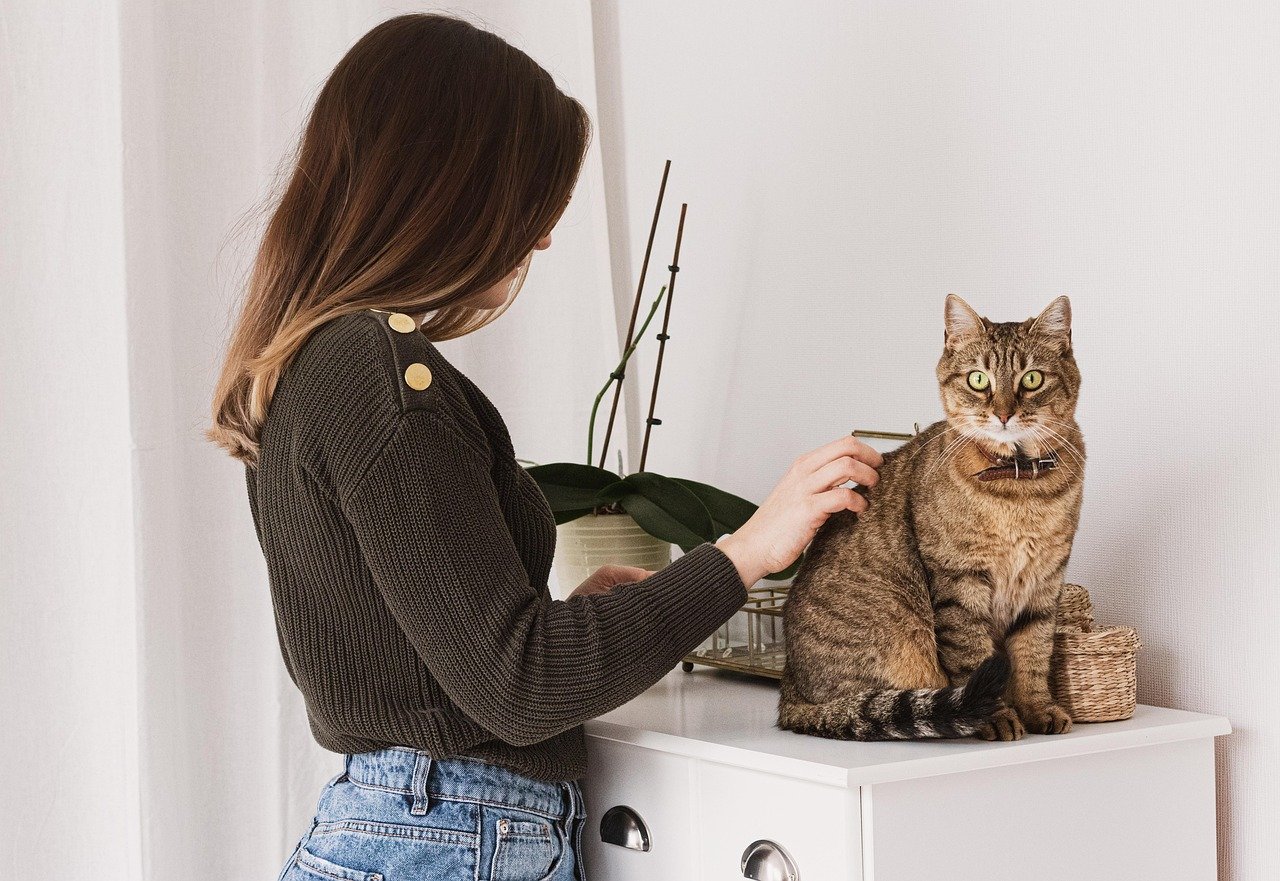
While grooming is a natural behavior for cats, excessive grooming can indicate stress or anxiety. If your cat is feeling abandoned, they may resort to grooming as a way to self-soothe. This can lead to bald patches or irritated skin, which are clear signs that something is amiss. Monitor your cat’s grooming habits and consult with a veterinarian if you suspect that anxiety is the root cause.
Lethargy or Withdrawal

A cat that is feeling neglected may exhibit signs of lethargy or withdrawal. If your once playful and energetic cat becomes disinterested in activities they used to enjoy, it could be a signal that they are feeling abandoned. They may also retreat to quiet, secluded areas of your home, avoiding interaction with you or other pets. This behavior change is a red flag that your cat needs more attention and affection.
Destructive Behavior

Cats are known for their mischievous antics, but increased destructive behavior can be a sign of emotional distress. If your cat starts scratching furniture, knocking over objects, or engaging in other destructive behaviors, it might be a cry for attention. This behavior is often a result of boredom or frustration, which can stem from feeling abandoned. Providing your cat with more stimulation and interaction can help alleviate these issues.
Changes in Litter Box Habits
A sudden change in litter box habits can indicate that your cat is feeling abandoned. Cats are usually meticulous about their bathroom routines, so if they start eliminating outside the litter box, it could be a sign of distress. This behavior might be their way of communicating that something is wrong or that they are unhappy with their current situation. Ensure that the litter box is clean and accessible, and consider whether your cat’s environment has changed recently.
Hiding or Seeking Solitude
If your cat is feeling abandoned, they may seek solitude and hide away from the hustle and bustle of daily life. This behavior is often a coping mechanism for stress or anxiety. If you notice your cat spending more time in secluded areas or avoiding interaction, it might be time to evaluate your schedule and ensure that your pet is receiving enough attention and companionship.
Clingy Behavior
On the flip side, some cats may become overly clingy when they feel abandoned. They may follow you around the house, seeking constant attention and reassurance. This behavior can be endearing, but it also indicates that your cat is feeling insecure and needs more interaction. Balance is key, and providing your cat with regular attention and affection can help alleviate their feelings of abandonment.
Increased Aggression
A cat that feels abandoned may exhibit increased aggression towards other pets or even their human companions. This behavior can be a result of frustration or anxiety, and it’s important to address the underlying cause. If your cat becomes more aggressive, consider whether they are feeling neglected and take steps to provide them with more attention and mental stimulation.
Unusual Sleeping Patterns
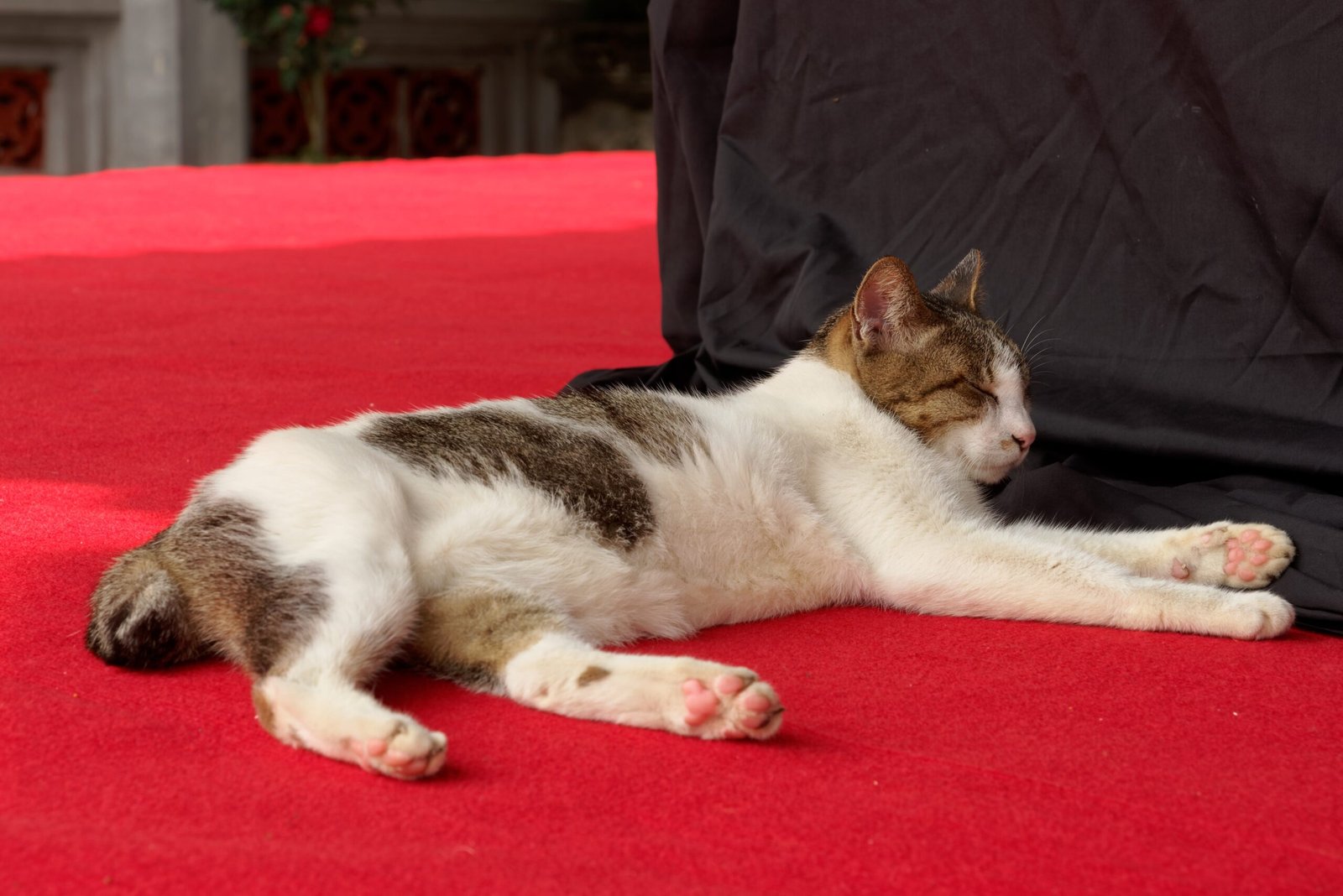
Cats are known for their love of sleep, but changes in their sleeping patterns can indicate emotional distress. If your cat is sleeping more than usual or seems restless, it might be a sign that they are feeling abandoned. Monitor your cat’s sleep habits and consider whether their environment or routine has changed recently, leading to feelings of loneliness.
Decreased Interest in Play
Playtime is an essential part of a cat’s daily routine, providing mental and physical stimulation. If your cat suddenly loses interest in play, it could be a sign that they are feeling abandoned. This behavior change might be accompanied by a lack of energy or enthusiasm. Make an effort to engage your cat in playtime, using toys and activities that they enjoy to rekindle their interest.
Frequent Meowing at Doors or Windows
If your cat is feeling abandoned, they may spend more time meowing at doors or windows, as if searching for companionship or a way to escape their loneliness. This behavior can be a sign that your cat is feeling isolated and needs more interaction. Consider whether your cat’s environment is stimulating enough and provide opportunities for them to engage with their surroundings.
Unexplained Weight Loss or Gain
Emotional distress can lead to changes in a cat’s weight, either through loss or gain. If your cat is feeling abandoned, they may lose their appetite or overeat as a coping mechanism. Monitor your cat’s weight and consult with a veterinarian if you notice significant changes, as this can be a sign of underlying emotional issues.
Increased Dependency on Comfort Items
Cats may become more attached to comfort items, such as blankets or toys, when they feel abandoned. This behavior is a way for them to seek solace and security in the absence of companionship. If you notice your cat clinging to certain items more than usual, it might be time to evaluate whether they are receiving enough attention and affection.
Excessive Purring
While purring is often associated with contentment, excessive purring can be a sign of stress or anxiety. If your cat is feeling abandoned, they may purr more frequently as a way to self-soothe. Pay attention to your cat’s purring habits and consider whether they are seeking comfort due to feelings of neglect.
Changes in Grooming Routine
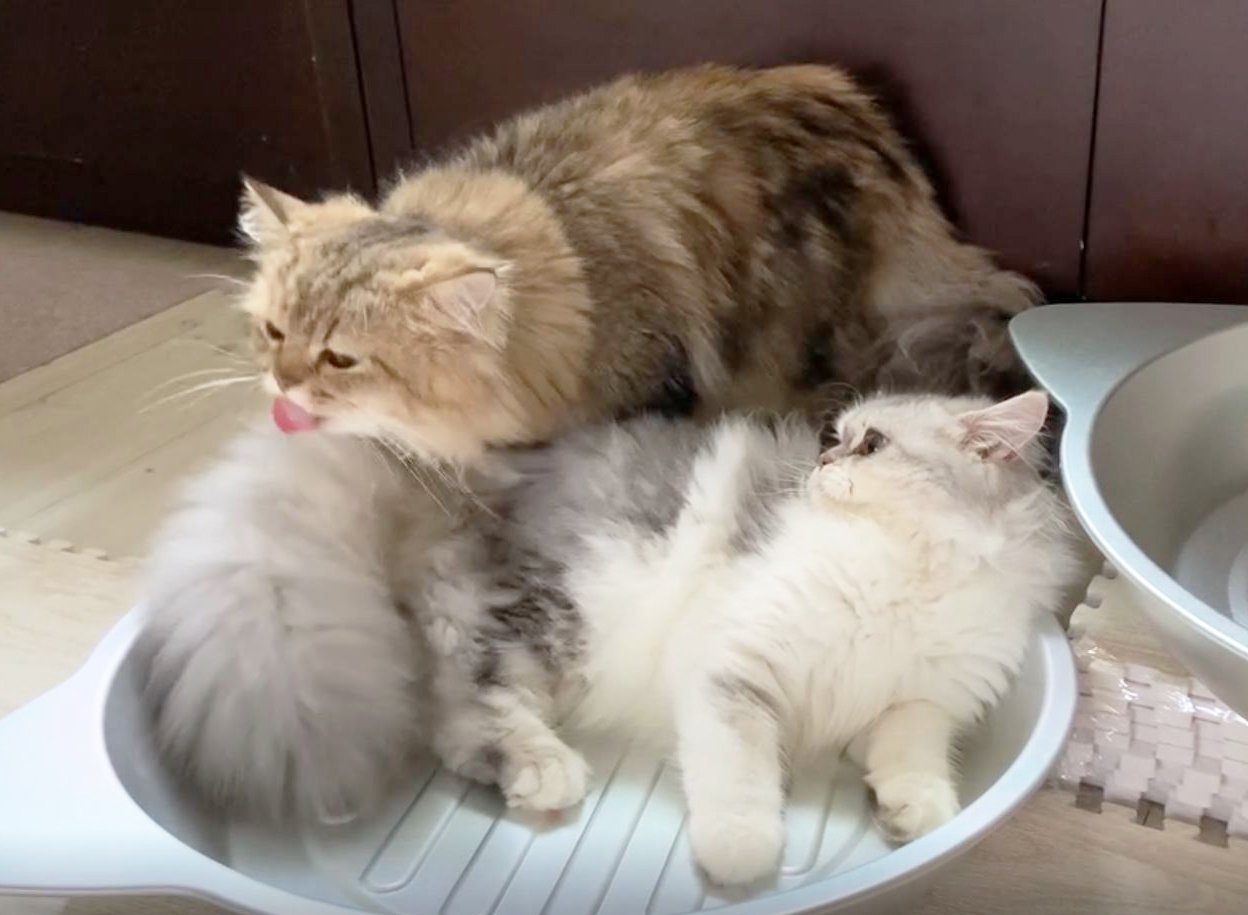
A cat that feels abandoned may alter their grooming routine, either by grooming excessively or neglecting grooming altogether. This behavior can be a sign of stress or anxiety, and it’s important to monitor your cat’s grooming habits closely. If you notice changes, consider whether your cat’s environment or routine has shifted, leading to feelings of abandonment.
Seeking Attention from Other Pets

If your cat is feeling abandoned, they may seek attention from other pets in the household. This behavior can be a way for them to fulfill their need for companionship and interaction. Observe your cat’s interactions with other pets and ensure that they are receiving enough attention from you as well.
Frequent Attempts to Escape
A cat that feels abandoned may attempt to escape their environment in search of companionship or a change of scenery. This behavior can be dangerous, as it exposes your cat to potential hazards outside the home. If your cat is frequently trying to escape, consider whether they are feeling neglected and take steps to provide them with more attention and mental stimulation.
Changes in Vocal Tone
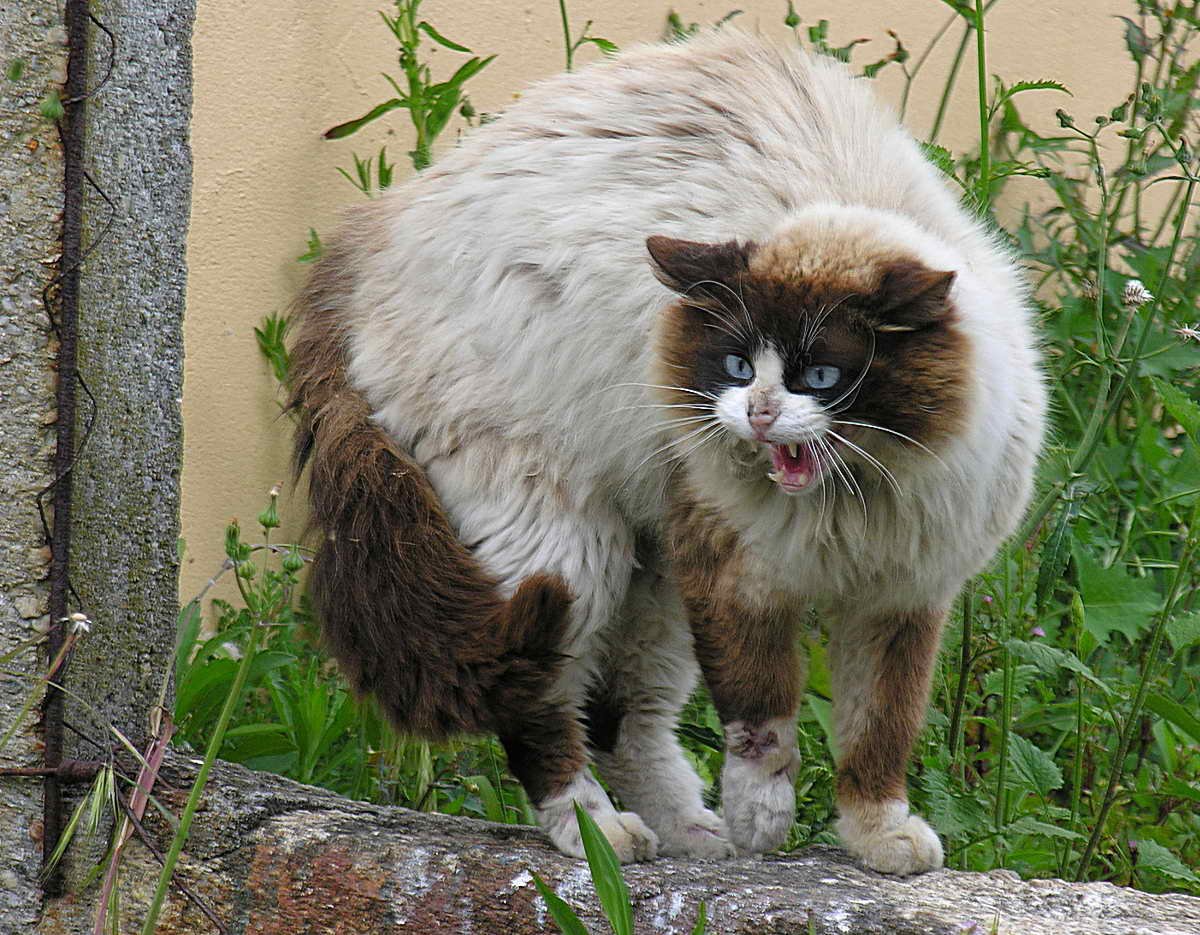
Cats can express a wide range of emotions through their vocalizations, and changes in their vocal tone can indicate feelings of abandonment. If your cat’s meows become more plaintive or urgent, it might be a sign that they are seeking attention or companionship. Listen to your cat’s vocal cues and respond with affection and interaction.
Decreased Interest in Social Interaction
A cat that feels abandoned may lose interest in social interaction, either with humans or other pets. This behavior can be a sign of emotional distress and should be addressed promptly. Make an effort to engage your cat in social activities, providing them with the companionship and attention they need to feel secure and loved.
In conclusion, understanding the subtle signs that your cat is feeling abandoned is essential for maintaining their emotional well-being. By recognizing and addressing these behaviors, you can ensure that your feline friend feels loved, secure, and happy. What signs have you noticed in your cat, and how have you addressed them?
Hi, I’m Bola, a passionate writer and creative strategist with a knack for crafting compelling content that educates, inspires, and connects. Over the years, I’ve honed my skills across various writing fields, including content creation, copywriting, online course development, and video scriptwriting.
When I’m not at my desk, you’ll find me exploring new ideas, reading books, or brainstorming creative ways to solve challenges. I believe that words have the power to transform, and I’m here to help you leverage that power for success.
Thanks for stopping by, Keep coming to this website to checkout new articles form me. You’d always love it!





